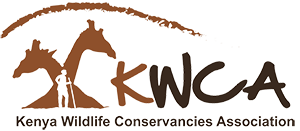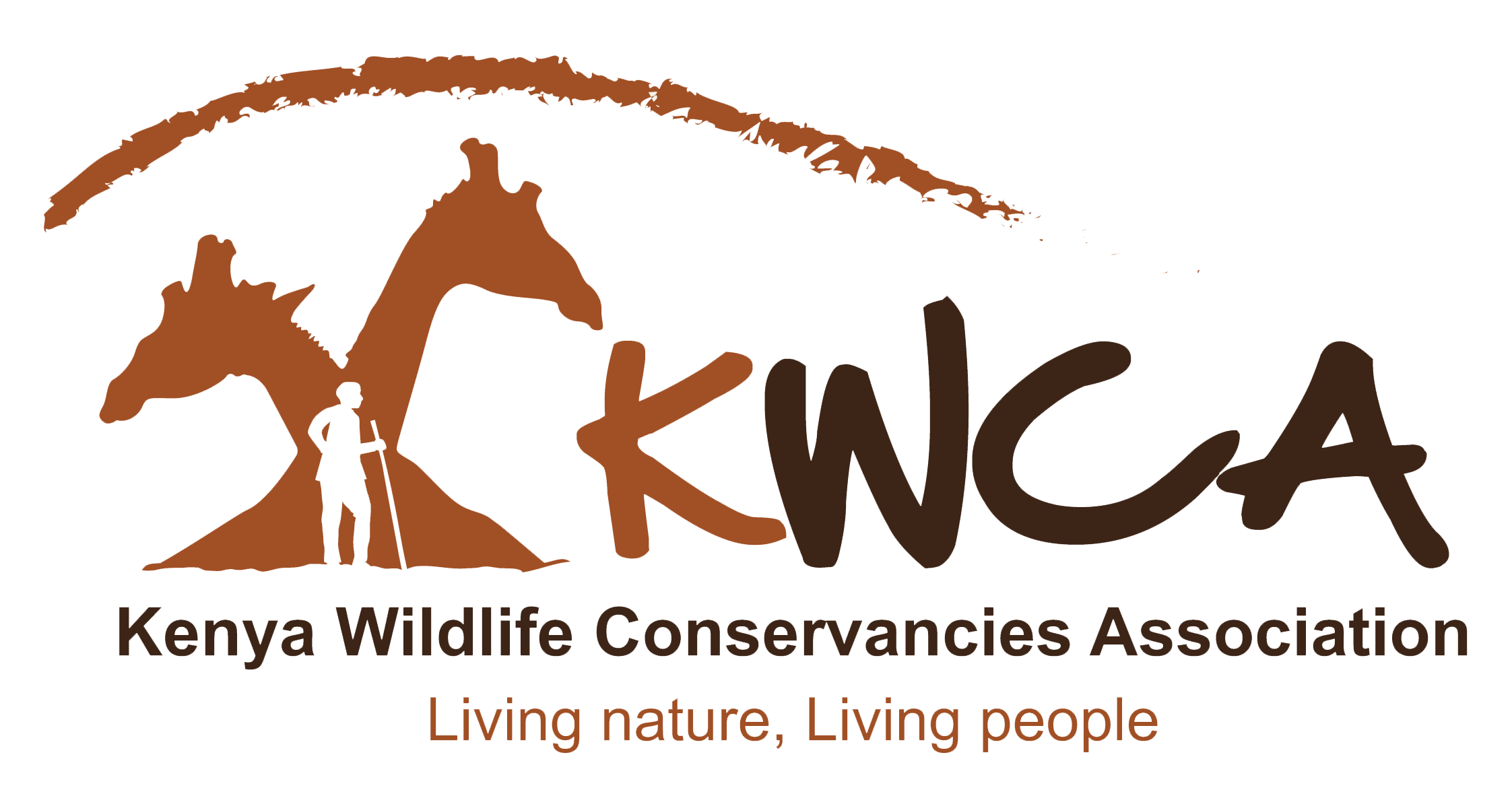End Term Evaluation for Kenya Conservation Policy Local Works Project
TERMS OF REFERENCE
About KWCA
Kenya Wildlife Conservancies Association (KWCA), established in 2013, is the national membership representative for conservancies in Kenya. Our role is to support and catalyse the growth of the conservancy movement through advocating for enabling policies and incentives, equipping members with information and tools that build their capacity, convening platforms for peer-to-peer learning, and serving as a national hub of conservancy data and information. Through these efforts, KWCA envisions a resilient ecosystem, with a strong engagement by all conservancies guided by robust evidence-based decision-making both at the conservancy & national level for their sustainability and governance.
The significance of biodiversity conservation has transformed from just a concern for the conservation of endangered species and landscapes into an increasingly diverse yet comprehensive set of conservation, social, and economic goals. Conservancies offer several benefits including but not limited to; the protection of biodiversity, tourism benefits, employment, enhancement of natural heritage & intrinsic value, and social benefits among others.
It is on this account that KWCA working with its strategic partners designed a collaborative partnership to engage government agencies in a policy reform program to influence land, natural resources, and county policies to provide incentives needed to spur the growth of conservancies though the Kenya Conservation Policy Local Works Project (Local Works).
About Kenya Conservation Policy Local Works Project
Over the past 3 years, KWCA has been implementing the Kenya Conservation Policy Local Works Project (Local Works) through the support of the United States Agency International Development (USAID). The Local Works project is a buildup on the gains realised from the Community Conservancy Policy Program (CCSP) policy program which preceded, where the government, the private sector and the landscape associations played a key role in advancing policy influence on the community conservancies model.
The goal of KCP local works project is to advance the community-led conservation model by addressing national and county policy frameworks and incentives resulting in community conservancies recognised as a viable sustainable economic land use model to accelerate locally led economic growth. To achieve this, Kenya Wildlife Conservancies Association (KWCA) will implement activities under the following result areas:
- Land, environment and natural resources management policy and legislative framework are advanced
- An enabling legal and policy framework for conservancies, private sector, and other local actors to effectively participate in devolved locally led conservation and development and
- KWCA transformed to lead the growth of conservancies and positively influence the conservation policy and practice in Kenya. Within the project’s MEL framework, it is theorised as follows:
The overall goal of the project is to have conservancies deliver positive, equitable and sustained societal, environmental, and economic outcomes and address trade-offs resulting in adoption of conservation as a preferred land use in Kenya contributing to economic growth and localised development through reforms in county, national and international policies. The project is implemented at a national level with impacts cascading through the landscapes in biodiversity hotspots in Kenya and targeting Kenya’s southern and northern rangelands and coastal and marine conservancies.
Purpose and Objectives of the Assignment
The overall purpose of the assignment is to document project outcomes and impact for the three-year project period. The reporting will capture key project outcomes, achievements, challenges, and lessons learned from the project areas. It will further assess the extent to which the outcomes of the project have been relevant to the needs of the project beneficiaries and the progress made towards achieving the planned outcomes by measuring the project indicators. The specific objectives of the evaluation will include but will not be limited to finding out the following aspects.
- To provide end-term levels that will help in assessing the performance of project indicators.
- To assess relevance and coherence of the project’s results including its design regarding the needs of the conservancy and how the project is perceived and valued by the target groups.
- To assess the Efficiency and Effectiveness of the Implementation process and their appropriateness in supporting delivery (achieving project outcomes and impacts: Including unexpected results and factors affecting project implementation (positively and negatively).
- To identify the learning areas, and approaches that can be considered for future programming.
- To provide strategic recommendations for the different key stakeholders to improve the implementation of the project activities and replicability in other projects.
Evaluation Approach and Methodology
The project seeks the most robust approach that is appropriate for the scope, resources, and audience. The consultant/firm will gather information from both primary (interviews, focus groups, beneficiary stories, etc.) and secondary (project documents, records, etc.) sources using mainly qualitative data. The evaluator should have experience in a wide range of qualitative and quantitative approaches. The evaluator should highlight a robust methodological approach that fits the purpose and objective of this assignment.
Deliverables
The following deliverables are expected.
- An inception report, outlining the key scope of the work and the intended work plan of the analysis, and evaluation questions.
- Draft end-term evaluation report for discussion including all annexes detailed work done and discussions/focus meeting held.
- The final end-term evaluation report that has included input from the KWCA team & partners.
Qualification
KWCA seeks to contract a consultant with the following qualifications/expertise:
- Proven technical knowledge and adequate experience in conservancies, community-led conservation, or natural resource governance.
- Advanced degree in Natural Resource Management, Wildlife Management, Social sciences, Economics, Business, or related fields.
- Research-oriented with at least 10 years’ work experience of which a minimum of 5 years’ relevant experience in evaluations on biodiversity and/or community-led natural resource management.
- Analytical skills and capacity to generate quantitative and qualitative data and information.
- Creative writing, communication, and presentation of information and data
Submission of Proposal
All interested person(s)/firm should electronically submit both technical and financial proposals as one document clearly marked “Consultancy for End-line Evaluation of KCP Local Works Project” attaching profile/CV of the consultant/firm including experience in handling similar assignments, a work plan with budget on or before April 16th, 2024 through; Email: [email protected] copying [email protected]

